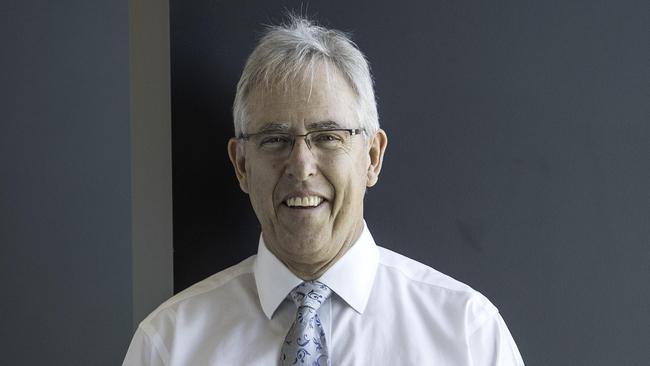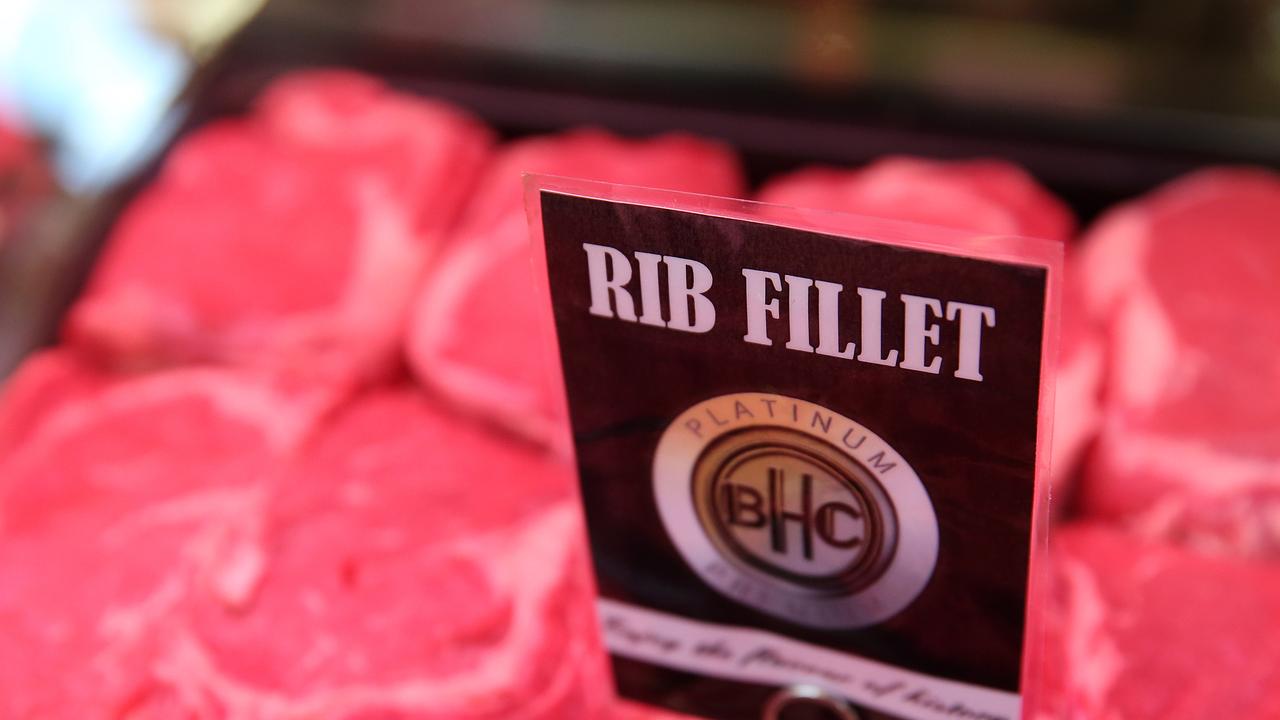‘Biopsy bank’ to aid global research into liver cancer
Medical specialists and researchers are creating a bank of more than 500 biopsies from liver cancer patients and sharing results around the world.

Medical specialists and researchers across Australia are creating a bank of more than 500 biopsies from liver cancer patients and sharing results with doctors around the world.
The new $10.8m research centre in Perth is established after a three-decade climb in primary liver cancer rates. The rate of the disease increases by 4-5 per cent a year in Australia.
The centre will analyse every tumour and test new treatments.
The bank of samples is being funded with a $5m Cancer Research Trust grant and $5.8m from the charitable Minderoo Foundation headed by Andrew Forrest and his wife, Nicola.
Primary liver cancer is where a malignant cancer starts in the liver; it is responsible for the third-most cancer related deaths worldwide, behind lung and stomach cancers.
Average survival after diagnosis is 12 months and patients often learn of the disease when the cancer is advanced and treatment options are limited.
The research centre will be led by University of Western Australia professor Peter Leedman, director of the Harry Perkins Institute of Medical Research, and Curtin University associate professor Nina Tirnitz-Parker, from the School of Pharmacy and Biomedical Sciences and the Curtin Health Innovation Research Institute.
They will work with a team to apply the latest techniques to analyse patient tumours and test new treatments.
“Such a significant investment in liver cancer research will enable us to develop a world-class bio-bank and collect extensive data that will be available to researchers and medical specialists around the world,” Professor Tirnitz-Parker said.
Professor Leedman said the research centre would use advanced genomics technology in to analyse liver tumour biopsies at the single cell level and look at each tumour’s molecular fingerprint and individual pathology.
Some patient tissue will undergo advanced genomics analysis by UWA professor Alistair Forrest at the Harry Perkins Institute while Curtin University will use patient tissue to grow organoids, or mini livers, to be used for drug screenings.



